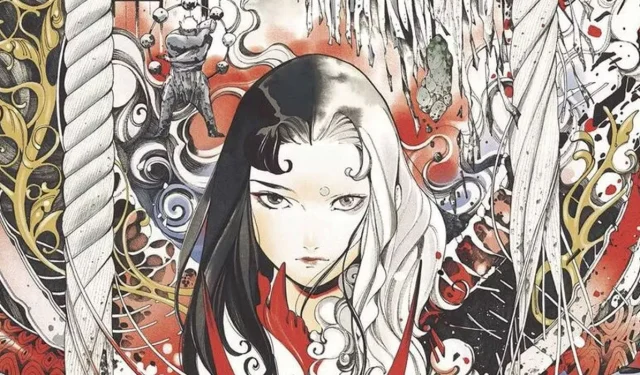
In recent years, anime has emerged as a dominant force within popular culture, with hits like Demon Slayer: Kimetsu no Yaiba paving the way for mainstream recognition. The series, known for its emotional depth, breathtaking animation, and captivating lore, has garnered a massive global following. For those who adored the journey of Demon Slayer and are on the lookout for similar narratives, a surprising alternative lies within the realm of Marvel Comics.
Marvel’s Demon Days Saga, crafted by the talented Peach Momoko, stands out as a striking Western supernatural tale interwoven with elements of Japanese folklore. This innovative series reinterprets beloved Marvel characters through mythological lenses, thus creating a narrative that resonates with both comic enthusiasts and anime fans alike. As the blending of anime aesthetics with Western media continues to flourish, Demon Days Saga exemplifies the potential freshness comics can offer to a diverse audience. By merging traditional folklore with Marvel’s superhero legacy, this saga conjures a vivid world filled with demons, samurai, and legendary heroes, delivering a unique blend of cultural richness.
A Bold Reimagining of Marvel Legends
Reimagining Marvel Through the Lens of Japanese Folklore
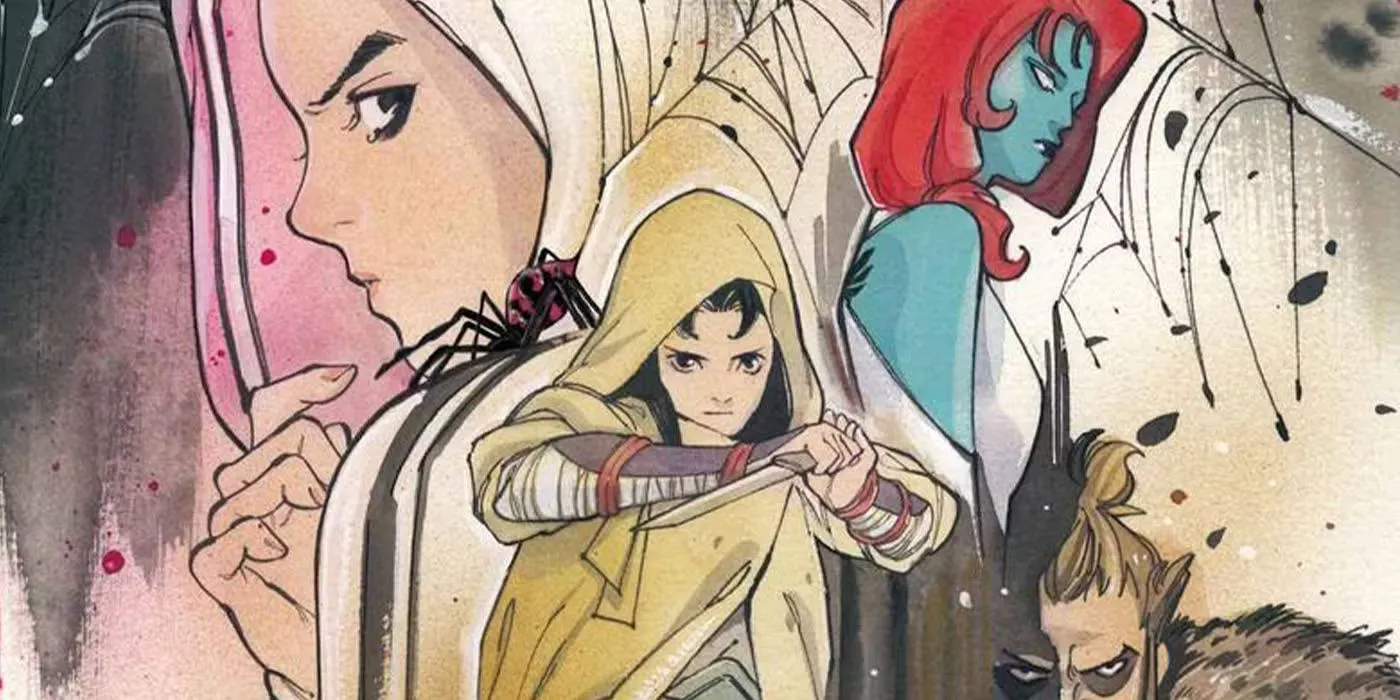
Peach Momoko’s Demon Days Saga is not merely a retelling; it redefines the essence of Marvel’s iconic figures. Classic heroes like Psylocke, Venom, and Thor are transformed into characters evocative of Japanese mythology. For instance, Psylocke emerges as Mariko Yashida, a wandering samurai battling ethereal demons amidst visually stunning confrontations, while Venom is reimagined as a fearsome yokai derived from Japanese myth.
This unique reinterpretation provides fans with a fresh perspective on beloved characters, illustrating the versatility of Marvel’s roster as they adapt to serve a narrative embedded in mythic tales. For both long-time comic enthusiasts and newcomers alike, this saga serves as a compelling gateway into the larger universe of Marvel Comics.
Demon Days Saga goes beyond character reinvention; it challenges the traditional boundaries of Western comics. Its structure mirrors the episodic nature of Japanese manga, and its artistic style pays homage to anime, making it a dynamic reading experience.
The Art That Defines Demon Days Saga
Peach Momoko’s Art Brings Marvel’s Mythic World to Life
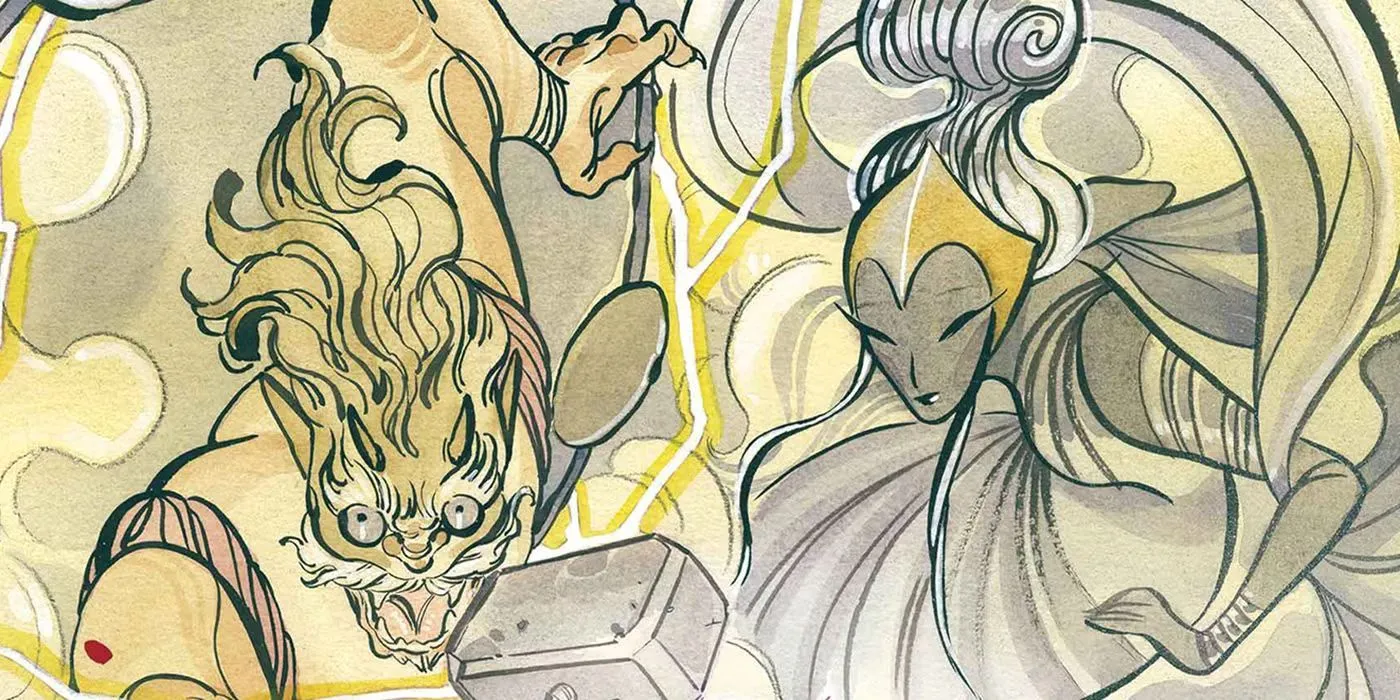
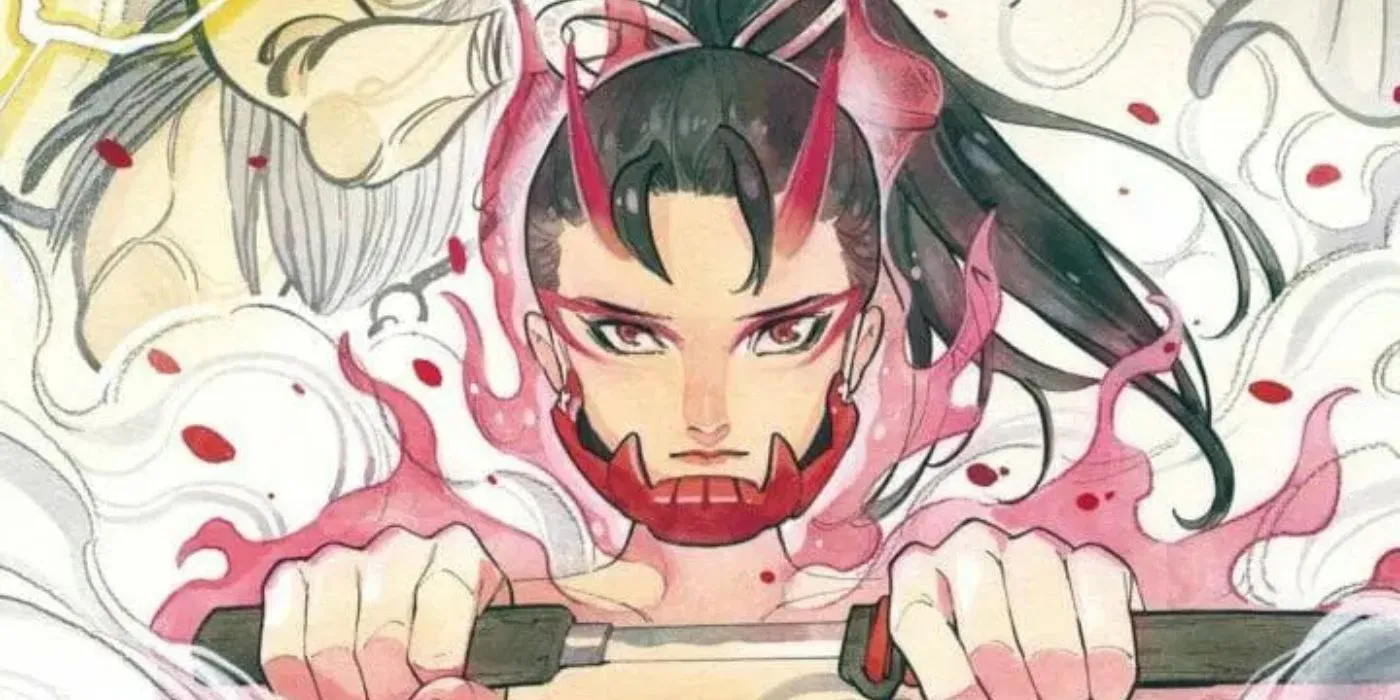
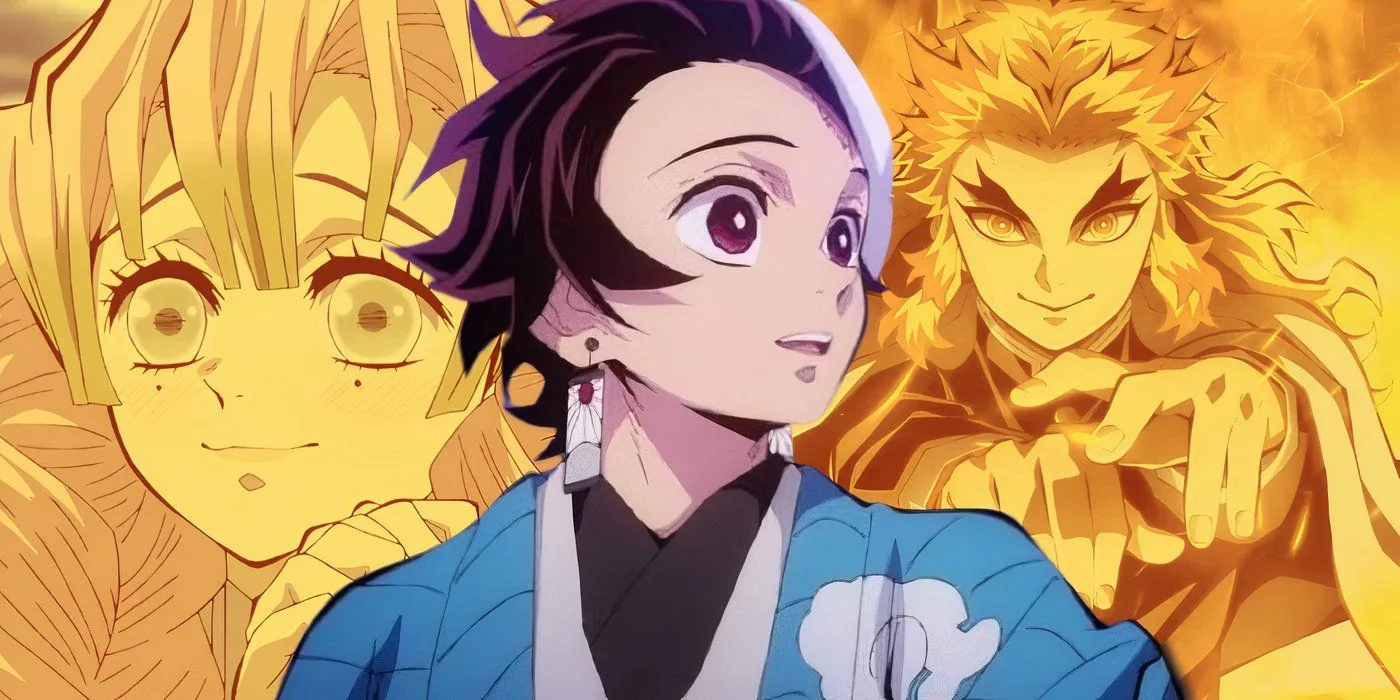
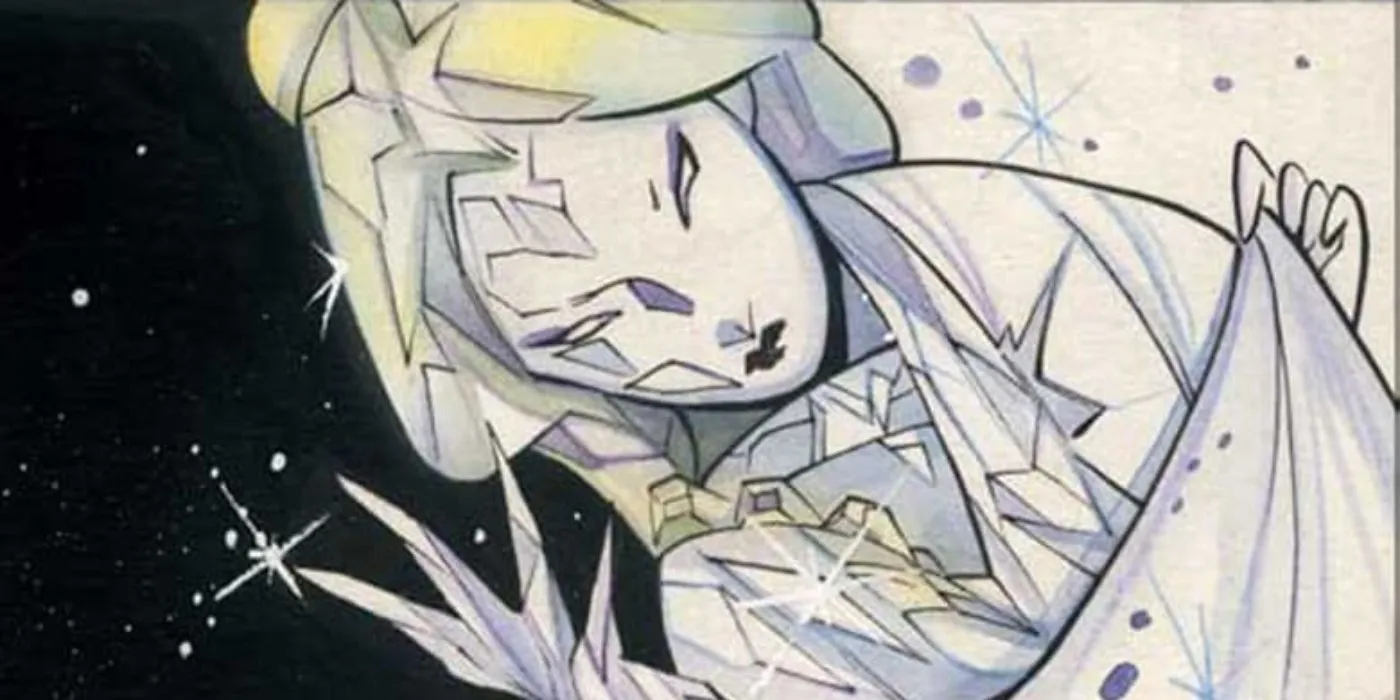
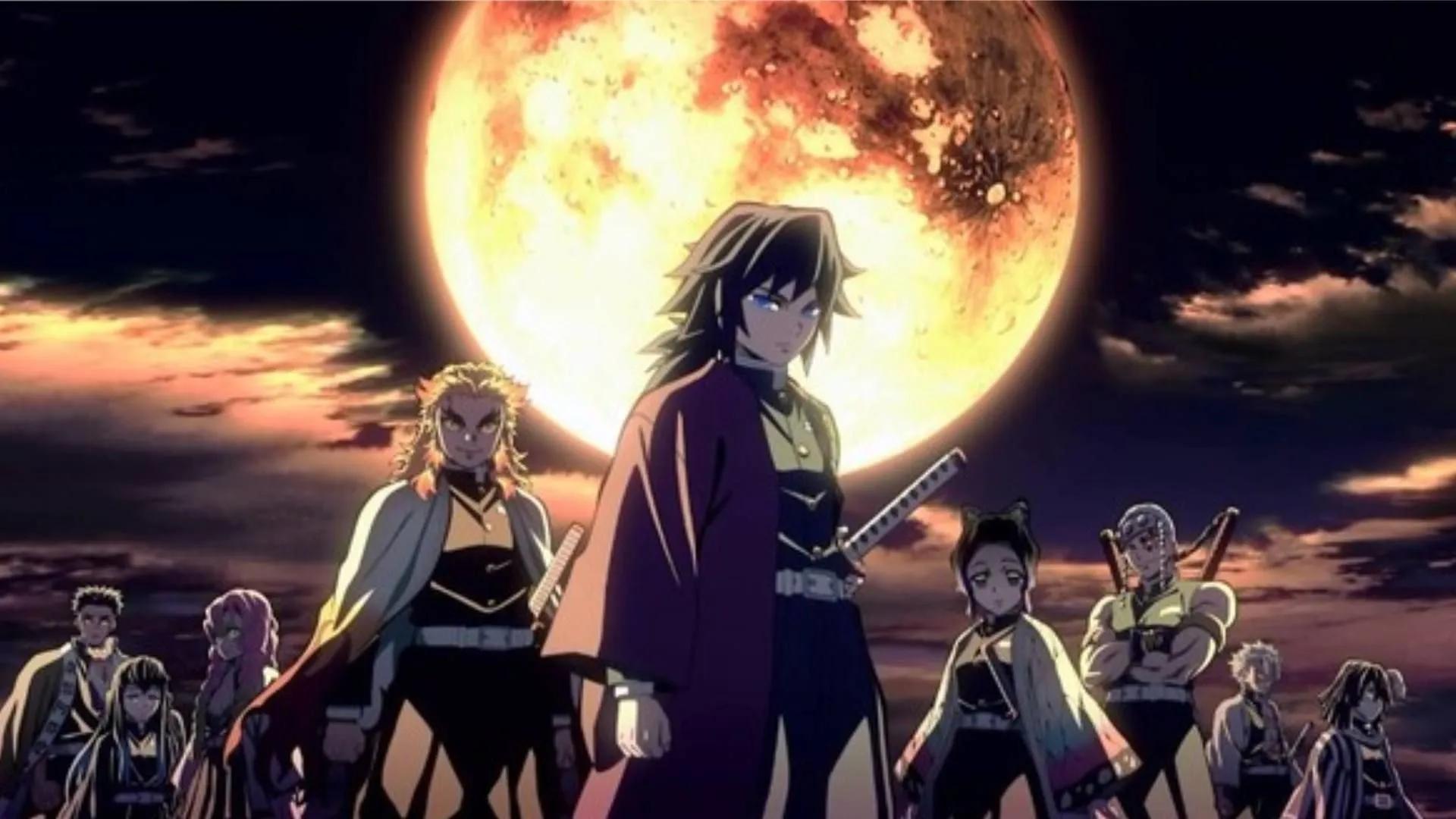
One of the distinguishing features of Demon Days Saga is Peach Momoko’s exquisite watercolor art style. Each panel exudes vitality, transporting readers into a world reminiscent of the mesmerizing animation found in Demon Slayer. Momoko adeptly combines delicate visuals with intense action sequences, ensuring the artwork enhances the narrative rather than detracting from it. Whether depicting a fierce battle or a tranquil moment, her artistry immerses readers into an atmospheric setting. The swirling cherry blossoms alongside fearsome yokai create a visually captivating experience.
Momoko’s Japanese roots shine through in her artistic choices, from the designs of the yokai to the traditional garb of her characters, grounding the story within Japanese culture. This authenticity enriches the narrative, providing resonance for fans of both comics and traditional storytelling. Her dual role as writer and artist fosters a cohesive narrative where the visuals and text intertwine harmoniously, expressing emotion and movement beyond mere dialogue.
Why You Should Catch Up With Demon Days Saga Now
A Story That Bridges the Gap Between Anime and Western Comics
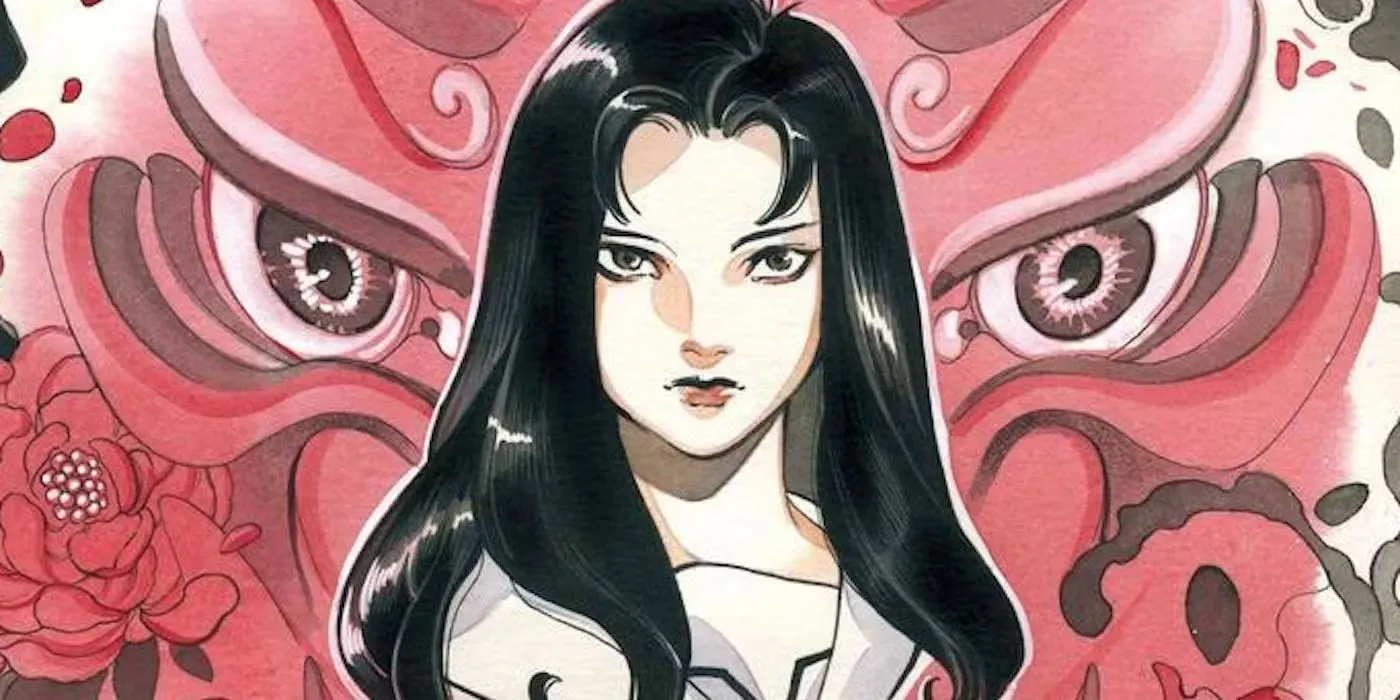
Demon Days Saga is not merely an homage to Japanese mythology but also a testament to the evolving relationship between Western comics and anime. As anime continues to captivate audiences and permeate mainstream media, this series showcases Marvel’s role in this cultural intersection. Fans of Demon Slayer are bound to discover elements to love throughout the series. Both narratives explore characters confronting supernatural perils while delving into themes of family, honor, and sacrifice. However, while Demon Slayer highlights the human spirit’s resilience, Demon Days presents a profound exploration of mythical themes shaped by its Western comic roots.
Despite the seemingly disparate worlds of anime and Western comics, Demon Days Saga seamlessly connects both genres in a manner that feels organically innovative. Peach Momoko’s remarkable storytelling and artistry illustrate that Marvel can create narratives that resonate powerfully with Demon Slayer fans while simultaneously crafting a distinctive identity. If you seek a series that integrates elements from both realms, there’s no better opportunity to dive into Demon Days Saga. This comic serves as an essential read for enthusiasts of myths, magic, and heroism.




Leave a Reply